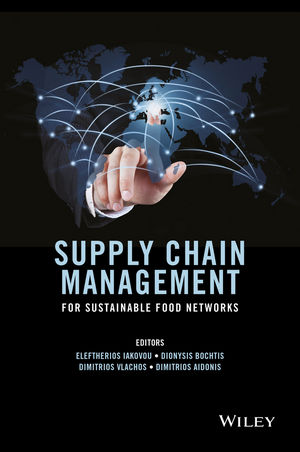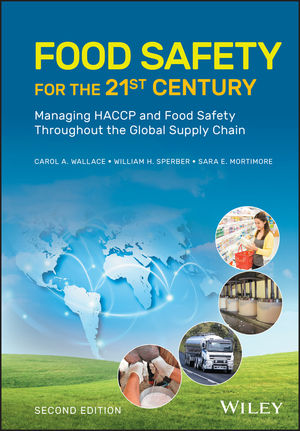As part of its commitment to operating responsible supply chains, Cargill, Minneapolis, announced a new assessment tool to help food and beverage customers achieve their growth, cost reduction and risk mitigation goals by identifying, prioritizing and quantifying risks and opportunities in its supply chains.
The new tool allows Cargill and its customers to rapidly identify and assess areas of risk and opportunity, so they can take action on responsible sourcing issues that may negatively or positively impact business, such as labor practices, the environment and biodiversity. The tool translates these risks and opportunities into specific financial terms by assigning cost and revenue implications to those identified in the assessment as having the highest likelihood of occurrence and business impact. The company's unique approach facilitates collaboration and alignment across all partners in the supply chain to move quickly to address issues and opportunities.
“We’re finding that this tool really helps our customers gain alignment internally in their organizations and across the supply chain, and helps them identify, prioritize and quantify [their supply chain challenges],” Jennifer McLenighan, sustainability marketing manager, says in an exclusive interview with Refrigerated & Frozen Foods' editor-in-chief, Marina Mayer. “We help create a business case for action, so if you were to identify a risk or opportunity, it would determine what would be required and what the return on investment would be. Often times, the sustainability can be less clear from the return on investment piece, so this tool really helps get it in the same category as the rest of the capital investments that you make in your organization from a quantification standpoint.”
In addition to this tool, Cargill has several initiatives centered around responsible supply chains.
For example, “we have our Cocoa Promise, which is aimed at promoting sustainable cocoa production, which is really focused on three areas— training farmers, supporting farming communities and investing in the long-term sustainable production of cocoa,” McLenighan says. “We also have a pledge to supply customers with palm oil certified by the Roundtable on Sustainable Palm Oil [an international multi-stakeholder organization and certification scheme for sustainable palm oil] by 2015” in Europe, United States, Canada, Australia and New Zealand China and India by 2020.
Furthermore, Cargill maintains a partnership with The Nature Conservancy that helps Brazilian soybean farmers comply with the Brazilian Forest Code, a controversial piece of legislation that passed in 1965 and centers around legal requirement for landowners in the Brazilian Amazon to maintain 80% of forests as legal reserves.
"Customers, consumers and other stakeholders are increasingly demanding more information and communication around what's happening in our extensive supply chains to mitigate corporate or brand risk, find opportunities for cost reduction or use sustainability as a potential platform for growth," says Scott Portnoy, corporate vice president of Cargill's food ingredients and systems businesses. "However, sustainability investments often struggle to gain traction as many organizations fall short of quantifying a return on investment. Our tool delivers a business case that enables responsible decision making and action."
To learn more about how to build a responsible supply chain, check out the Supply Chain & Logistics section of Refrigerated & Frozen Foods' September 2013 issue.








